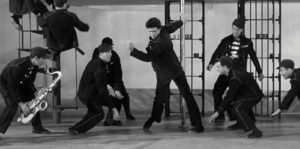
TCM Classic Film Festival offered an excellent selection of classics ranging from the 1920s to the 1990s! The festival celebrated TCM’s 30th anniversary and the 100th anniversary of Columbia Pictures and MGM. Highlights included Jodie Foster having her handprints and footprints enshrined in concrete at the TCL Chinese Theatre. Notably, the UCLA Film & Television Archive and The Film Foundation curated a program of rarely seen, newly restored shorts in Back From The Ink: Restored Animated Shorts (2024). My experience was a mix of engaging panels at Club TCM and catching several rarities.
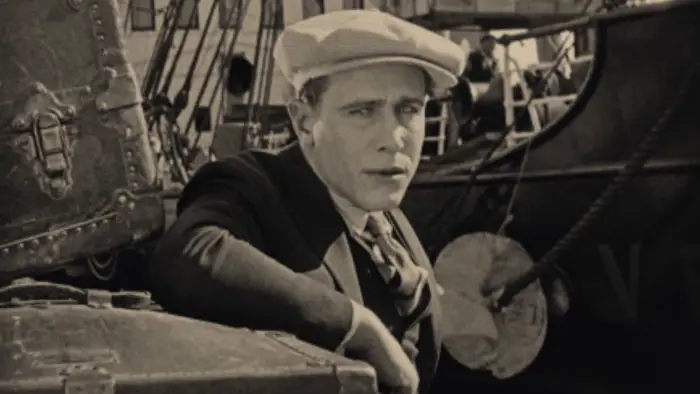
Paths to Paradise
Friday consisted of watching Undercrank Productions’ restorations of Paths to Paradise (1925) and Dad’s Choice (1928). These silent films stood out as they did not feature famous comedians like Buster Keaton or Charlie Chaplin. Dad’s Choice starred character actor Edward Everett Horton, who was engaging in screwball antics. Paths to Paradise is an elegant comedy-heist film starring the underrated Raymond Griffith. The film climaxed in a thrilling chase sequence involving an army of policemen, which is on the level of recent entries in the Mission: Impossible franchise. In the evening, Jailhouse Rock (1957) captivated audiences with the charisma of Elvis Presley. Here is a dynamic musical as it switches genres: gritty prison drama, to “rising star” comedy, to a satire on the Hollywood studio system.
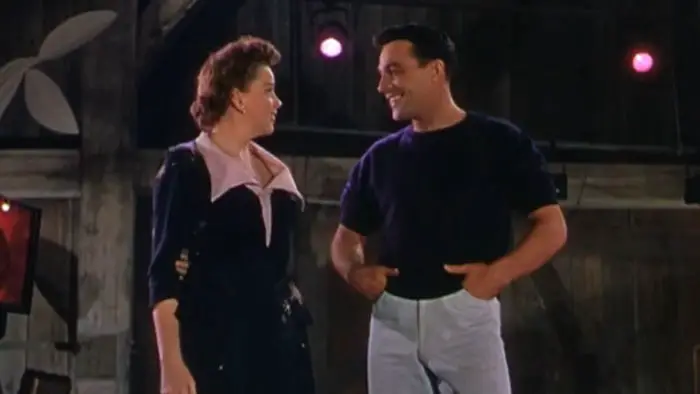
Summer Stock
Saturday was a mix of screwball comedy, Pre-Code absurdity, and a delightful MGM musical. The Mad Miss Manton (1938) led the crowd to endless laughter at the Egyptian Theatre as Barbara Stanwyck and Henry Fonda teamed up to solve a murder case. It was filled with fast-paced one-liners and proto-noir night scenes. International House (1933) was a concoction of bizarre musical numbers and non-sequitur comedy. The film is perfect for those who enjoy random humor on the internet. A standout moment was when Cab Calloway (he still has swag) and his band sang “The Reefer Man.” The night concluded with Summer Stock (1950), Judy Garland’s final film at MGM. The magic of classic musicals put everyone in a great mood, with standout numbers like Gene Kelly and Phil Silvers’ bumpkin number “Heavenly Music” and Garland’s iconic “Get Happy.” Seeing a film like this on the big screen makes one wish that today’s studios would have a unit devoted to crafting well-written musicals instead of redundant franchise films.

The Prisoner of Shark Island
Sunday was a combination of a western and gripping prison drama from the legendary director, John Ford. The premiere restoration of Law and Order (1932) showcased a serious depiction of the Earp-Holliday gunfight at the O.K. Corral. Walter Huston gave a moody and subtle performance as Frame Johnson, a renamed Wyatt Earp. John Ford’s The Prisoner of Shark Island (1936) featured a captivating Warner Baxter as Dr. Mudd, a man imprisoned for allegedly being an accomplice to John Wilkes Booth. Ford’s film feels relevant as sectors of our government still arrest people for political purposes, which makes it all the more haunting. There were moments of gripping action and eerie cinematography.
This year’s film festival showcased how audiences are still driven to see classic cinema. One of the beauties of TCM is the curation of cinema history with proper context. It allows the crowd to make his or her own interpretation. There is magic in viewing clean restorations and well-preserved prints. Seeing the works of filmmakers like John Ford still captivating today’s moviegoing public reveals why classic cinema needs to be taught for future generations. TCM illustrates that we can celebrate cinema and look to the future by taking inspiration from these talented masters.
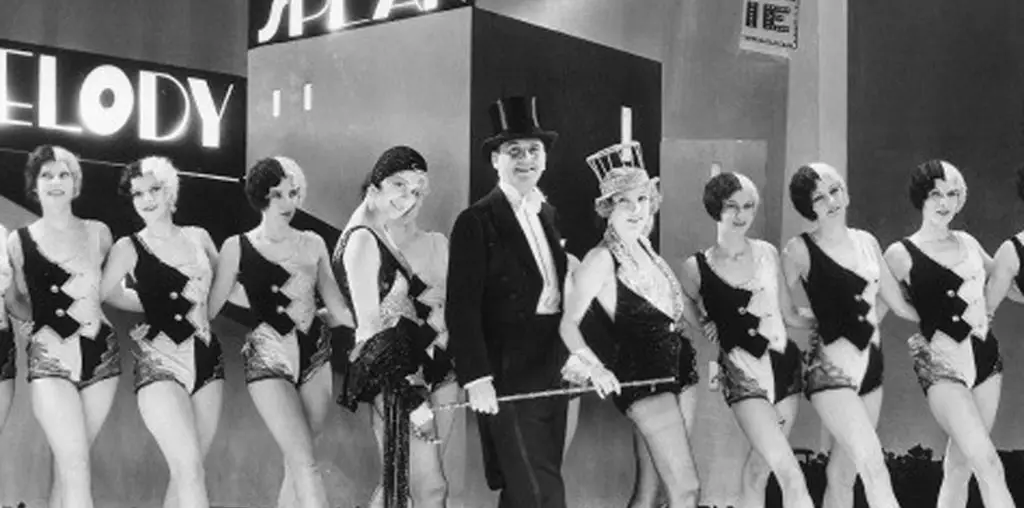
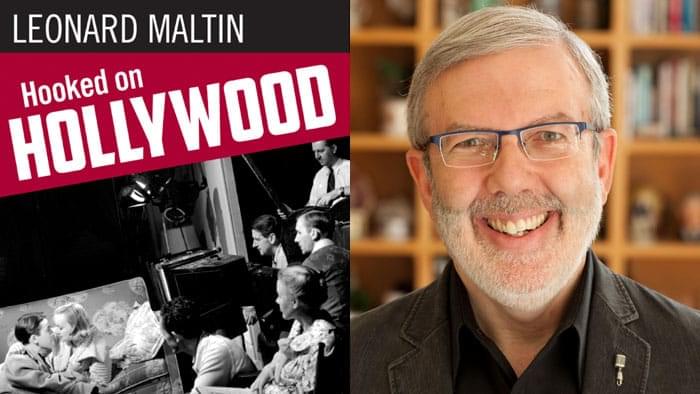

I’m a hero!!